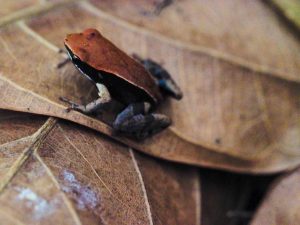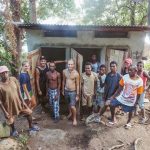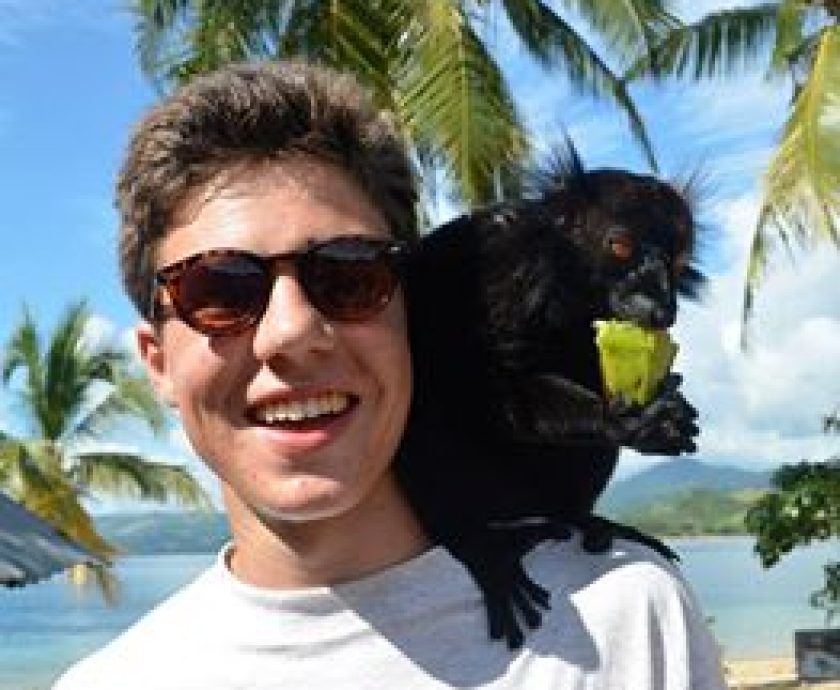Our Forest Conservation Volunteer Programs involve constant data collection and monitoring of the wildlife in the forest surrounding us. From lemurs, birds and, of course, reptiles as we have species living on the island that occur nowhere else in the world.
On our last walk through the forest we were very lucky to spot a few of the smaller reptiles and amphibians living on Nosy Komba. To locate these species, one needs to find a very select spot of ground that’s not on a hill, not part of a path, nor too close to a river.
Some of the tiny species we came across recently:
This species of frog is a member of the Mantellidea family. It is endemic to Madagascar and its natural habitats are lowlands of rainforest and dry forest.
Stumpffi Pygmaea
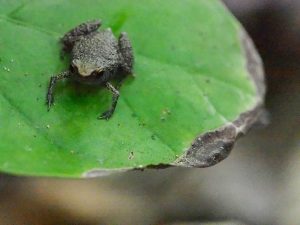 Stumpffi pygmaea is a species of frog in the Microhylidea family. As the family name suggests, these frogs are very tiny. Stumpfii pygmea is 5th smallest frog in the world, making them incredibly difficult to spot. Like Mantella ebanaui, Stumpffi is endemic to Madagascar and is only found on the islands of Nosy Be and Nosy Komba.
Stumpffi pygmaea is a species of frog in the Microhylidea family. As the family name suggests, these frogs are very tiny. Stumpfii pygmea is 5th smallest frog in the world, making them incredibly difficult to spot. Like Mantella ebanaui, Stumpffi is endemic to Madagascar and is only found on the islands of Nosy Be and Nosy Komba.
Brookesia Minima
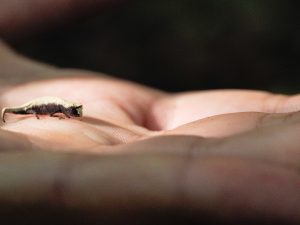 The biggest achievement of the day was spotting Brookesia minima. Also called called dwarf chameleons, these are the second smallest chameleons in the world.
The biggest achievement of the day was spotting Brookesia minima. Also called called dwarf chameleons, these are the second smallest chameleons in the world.
This tiny chameleon is usually found foraging deep in leaf litter but climbs up a branch to sleep. Being so small, the dwarf chameleon is prey to many predators in forest. Luckily, Mother Nature has equipped this little chameleon with a number of cunning ways to avoid being eaten. If it is touched or the branch on which it is perched is disturbed, the miniscule leaf chameleon will drop to the ground like a piece of dead wood until the danger has passed.
Being able to see all these creatures (big and small) right on your doorstep is a dream come true. Be sure to check in again to read about our next forest adventure.



